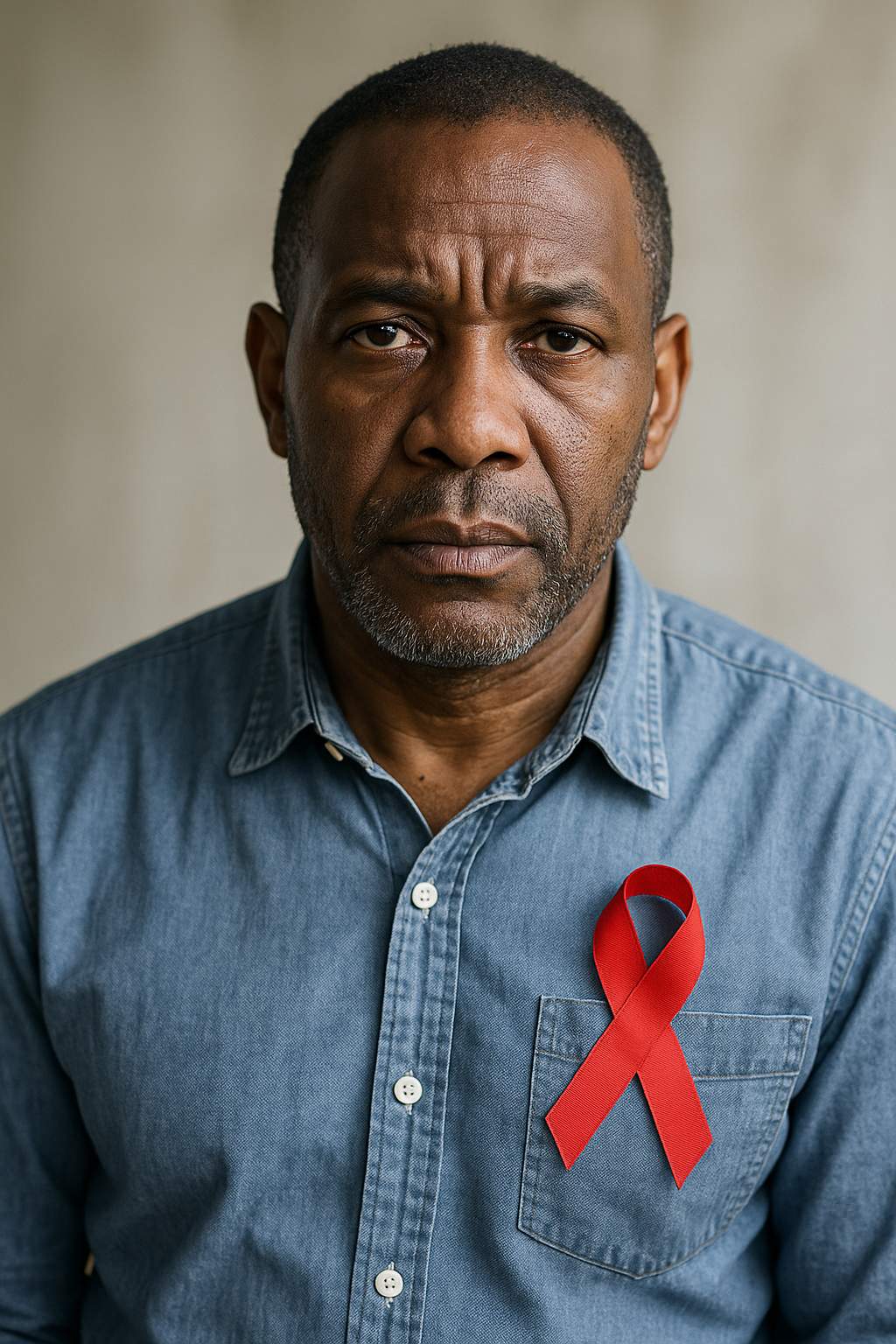Living with HIV raises many questions, especially about your risk for other illnesses. How does HIV affect your immune system, and what does it mean for everyday health? The relationship between illness and HIV is complex but manageable. With proper care, you can prevent most complications and lead a healthy, full life. Let’s explore how HIV influences your body’s defenses and what steps you can take to stay well.
Table of Contents
- How HIV Affects the Immune System
- Common Illnesses in People Living with HIV
- Preventing Opportunistic Infections
- Staying Healthy with HIV
- Conclusion
- FAQs
How HIV Affects the Immune System
HIV (human immunodeficiency virus) specifically targets the immune system, weakening your ability to fight off infections and diseases. It attacks CD4 cells, also known as T-helper cells, which are essential for coordinating immune responses. Over time, if left untreated, HIV can reduce CD4 counts to dangerously low levels, making the body more vulnerable to opportunistic infections.
This doesn’t happen overnight. Without treatment, HIV progresses in stages, starting with acute infection and potentially leading to AIDS (acquired immunodeficiency syndrome). Thankfully, modern antiretroviral therapy (ART) can prevent progression and keep the immune system strong.
Common Illnesses in People Living with HIV
Because of immune suppression, people living with HIV may face a higher risk of certain illnesses. These can include:
- Tuberculosis (TB): One of the leading causes of death among people with HIV, especially in developing countries.
- Pneumocystis pneumonia (PCP): A fungal infection once common in advanced HIV cases.
- Herpes zoster (shingles): More likely to occur and recur in HIV-positive individuals.
- Candida infections: Affecting the mouth, throat, or genitals more frequently in immunocompromised people.
- Hepatitis B and C: These liver infections often coexist with HIV and can complicate treatment.
Some chronic conditions like cardiovascular disease and certain cancers may also be more prevalent due to long-term immune activation and inflammation associated with HIV.
Preventing Opportunistic Infections
Opportunistic infections (OIs) are illnesses that take advantage of a weakened immune system. They can often be prevented through early diagnosis, appropriate treatment, and ongoing care. Key prevention strategies include:
- Taking ART consistently: The most effective way to keep the immune system strong and prevent illness.
- Routine screenings: Regular check-ups can catch infections early or prevent them altogether.
- Vaccinations: Immunizations for flu, hepatitis, HPV, and pneumococcus are especially important for those with HIV.
- Prophylactic medications: For individuals with low CD4 counts, doctors may prescribe antibiotics or antifungals to prevent OIs.
Maintaining a healthy lifestyle—balanced nutrition, exercise, stress reduction—also plays a vital role in disease prevention.
Staying Healthy with HIV
The connection between illness and HIV can be intimidating, but it doesn’t define your future. With proper care, most people with HIV live long, productive lives. Staying healthy involves a proactive approach:
- Follow your treatment plan: Adherence to ART helps you maintain an undetectable viral load, which also prevents transmission (U=U).
- Build a healthcare team: Choose providers who understand HIV and can coordinate your care holistically.
- Monitor your labs: Keep an eye on your CD4 count and viral load to guide care decisions.
- Address mental health: Managing stress, anxiety, or depression is just as important as managing physical symptoms.
Organizations like HIV.gov and Healthcare.pro can connect you with local clinics, support groups, and prevention programs to help you stay on track.
Conclusion
The link between illness and HIV highlights the importance of proactive, informed healthcare. With the right knowledge and support, you can minimize health risks and enjoy a high quality of life. Early treatment, consistent monitoring, and a strong support network make all the difference. You’re not defined by your diagnosis—you’re empowered by how you respond to it.
FAQs
Can HIV increase the risk of other illnesses?
Yes. HIV weakens the immune system, making you more susceptible to infections and some chronic conditions.
What are opportunistic infections?
These are illnesses that occur more often or are more severe in people with weakened immune systems, like those with HIV.
Is it safe to get vaccines if I have HIV?
In most cases, yes. Vaccines like flu, hepatitis, and HPV are recommended, especially when your CD4 count is stable.
What can I do to prevent illness with HIV?
Start ART early, maintain a healthy lifestyle, attend regular check-ups, and follow your provider’s advice closely.
Where can I find reliable care for HIV-related health issues?
Visit Healthcare.pro to find local HIV specialists and resources near you.
This content is not medical advice. For any health issues, always consult a healthcare professional. In an emergency, call 911 or your local emergency services.




